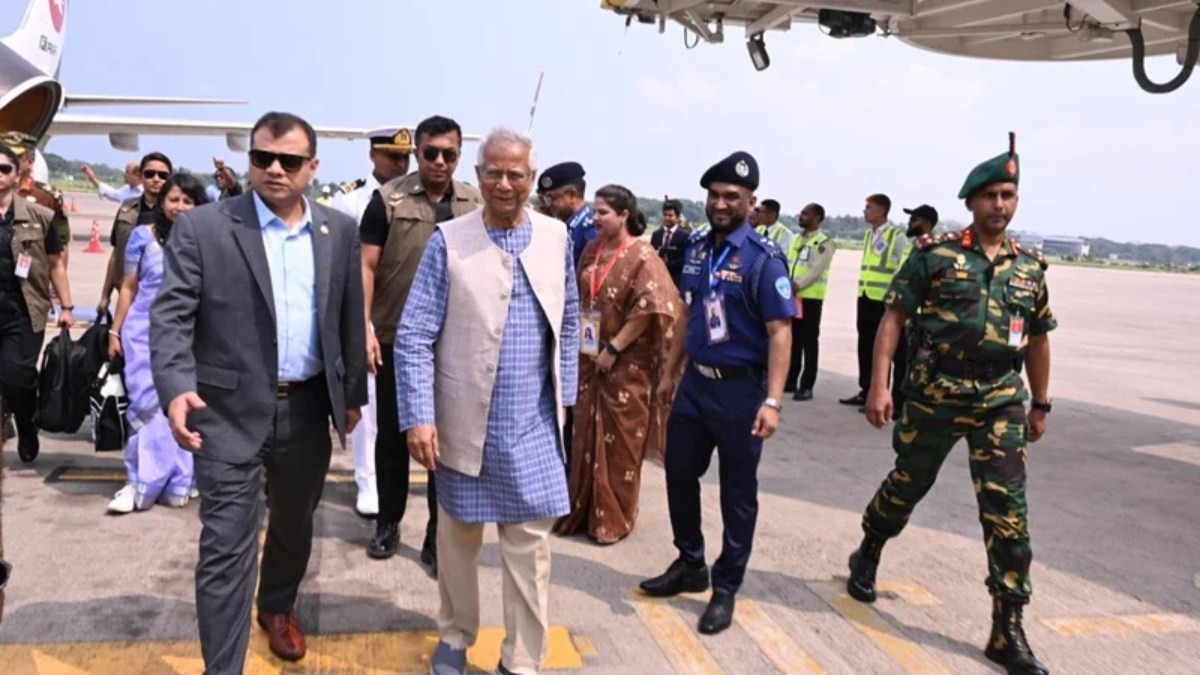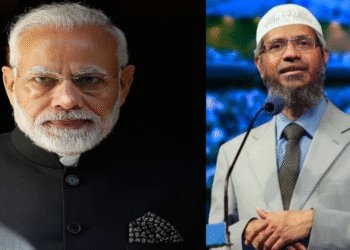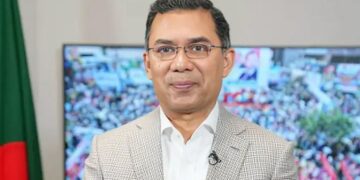Questions Arise Over Chief Advisor Announcement on Chattogram Port
Yesterday, during his visit to Chattogram, Chief Advisor Dr. Muhammad Yunus made a statement while inspecting the Chattogram Port that has already stirred significant controversy among the public. He said that in order to modernize and improve the port, it must be handed over to foreign entities, as Bangladesh currently lacks the necessary capacity. He further commented, “Our economy’s heartbeat is this port and it’s needs treatment. We have no choice but to bring in outside doctors.”
In his speech, he drew comparisons with seeking medical treatment abroad—just as Bangladeshis travel to Singapore, India, or Bangkok for better healthcare, he argued that similar foreign expertise and advanced technology are essential for upgrading the Chattogram Port. In his words, “Those we’ve contacted are the best in the world, with experience managing hundreds of ports. To ensure profitability, they will bring in top-tier technology and planning.”
However, the most controversial part of his speech was a bold prediction. He claimed, “I can guarantee, if we learn port operations by 2031, by 2036, Bangladeshis will be managing many of the world’s ports currently run by these companies.” According to him, today foreign experts will teach, but tomorrow, Bangladeshis will run global ports.
Critics argue that this statement is a direct admission that the government has yet to build the capacity to manage the Chattogram Port independently. Handing over control of a strategic national asset, which is often referred to as the “heartbeat of the economy,” to foreign hands raises serious concerns, especially among economists and security analysts. They assert that taking foreign support for technology or consultancy is one thing, but relinquishing operational control of a critical infrastructure is quite another.
Read More: Bangladeshi Farmer Cuts Off Two Fingers of an Indian Border Guard with Sickle
While government supporters claim this is a pragmatic and bold move, opposition voices on social media are calling it a compromise on national sovereignty. The core question now haunting the nation is: should the government really entrust such a strategic port to foreign hands, even with the promise of future gains?
While the Chief Advisor’s remarks have sparked debate, they also reflect a bold vision for transforming Bangladesh’s port infrastructure through global collaboration. Embracing international expertise could serve as a stepping stone for developing local skills, transferring cutting-edge technology, and creating employment opportunities for Bangladeshis at home and abroad.
If implemented with transparency, accountability, and a clear road-map for capacity building, this initiative may well position Bangladesh as a future leader in global port management. The challenge now lies in ensuring that national interests are safeguarded while boldly moving toward a more connected and capable future.
















